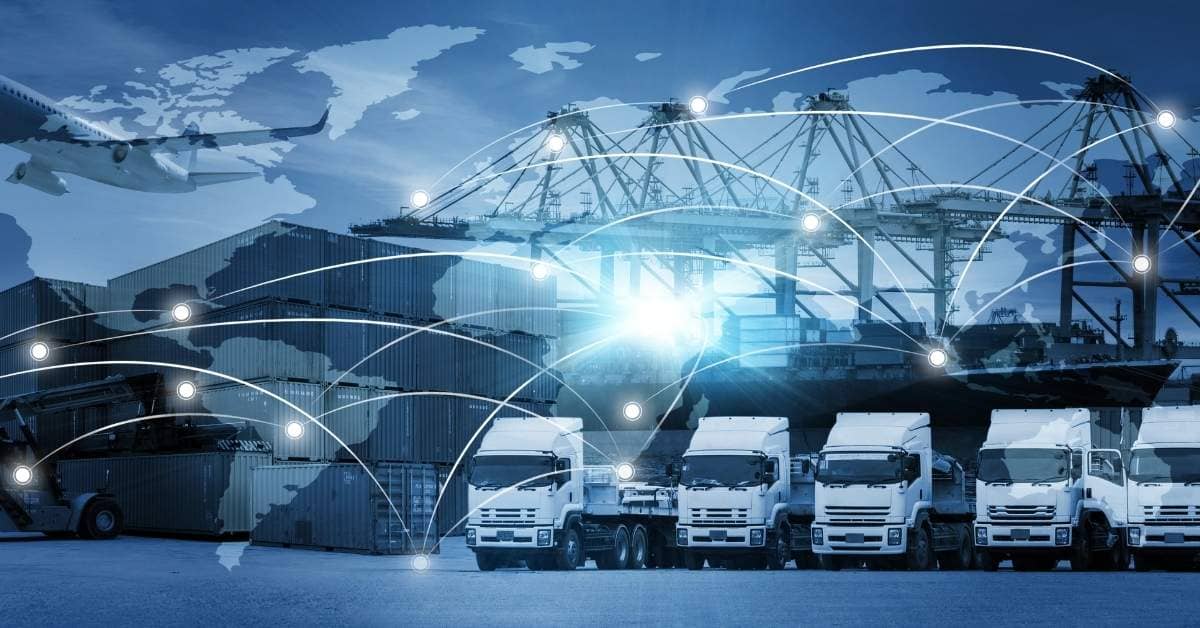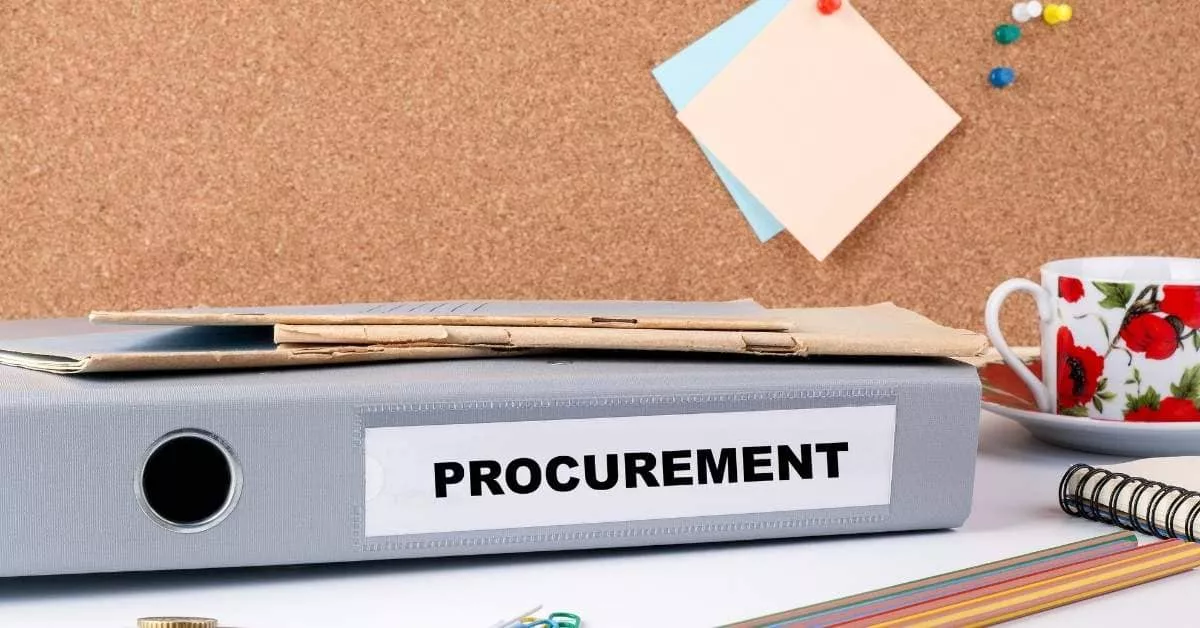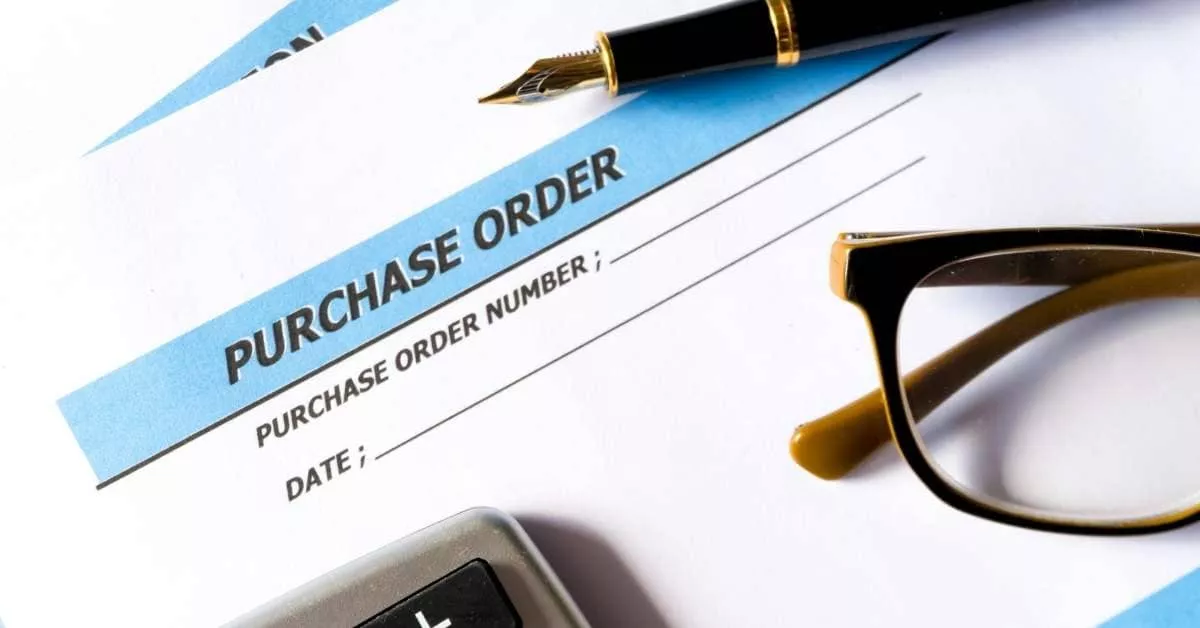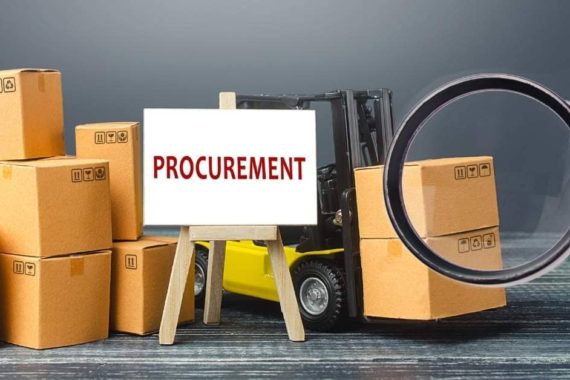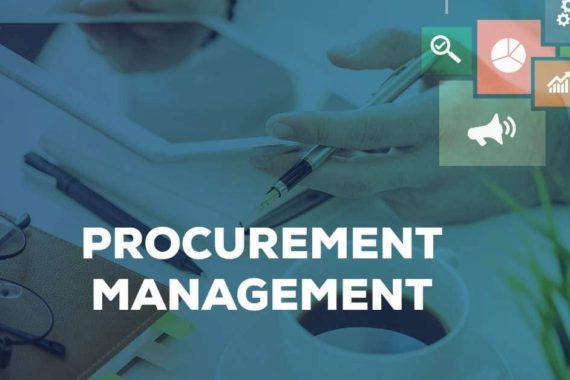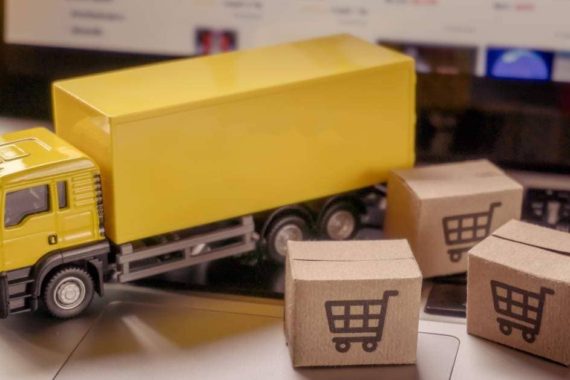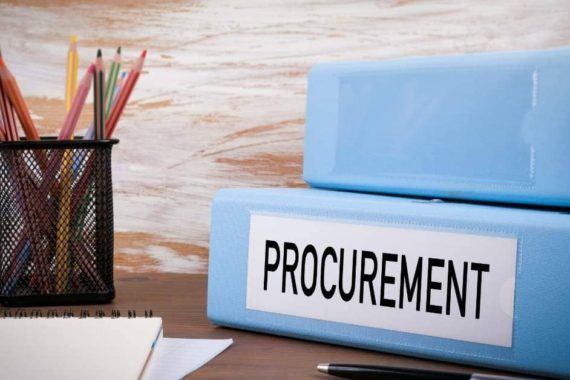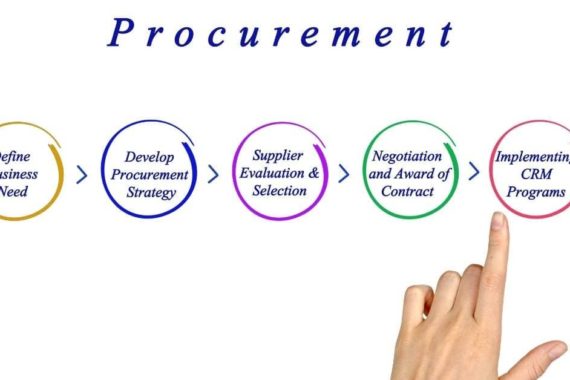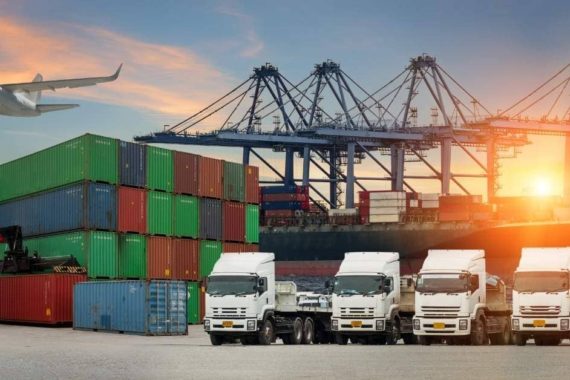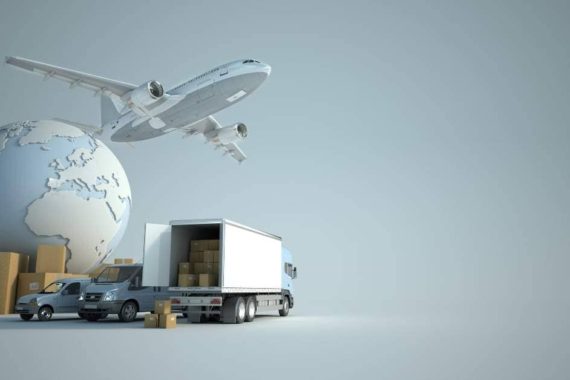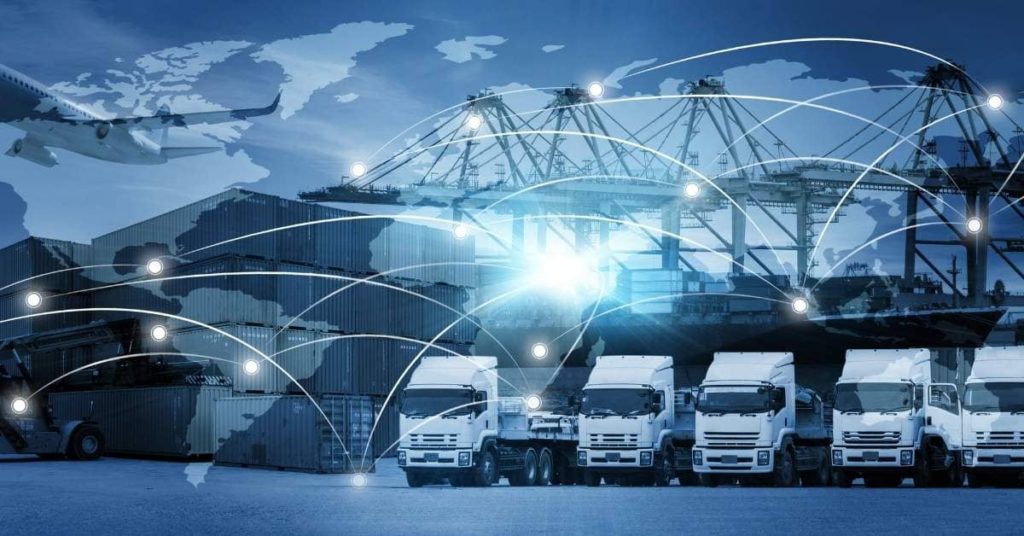
Introduction
At first glance, logistics and transportation sound like the same thing. In fact, they’re closely related to one another. But a closer look reveals that despite the similarities between these two disciplines, they have many differences as well. To understand those differences better and determine which approach is best for your business or work situation, we’ve broken down what logistics vs. transportation really means to you as a leader or employee in today’s business world.
Transportation is just one part of logistics.
Transportation is the movement of goods from one place to another. Logistics is the entire process of moving products from point A to point B, not just the motion itself. It includes planning, packaging, warehousing, processing, and much more.
In other words: transportation moves your product; logistics takes care of it once it arrives at its destination.
Without professional help in logistics management, you’re likely to run into problems with your supply chain management or have difficulties managing inventory levels throughout each step of the process.
Logistics is the cornerstone of any business.
While transportation is an important component of logistics, it’s not the entire picture.
Let’s look at an example: You’re a factory that makes shoes. You have a product and you want to sell it to your customers. To do so, you need to transport your product from your factory location (Point A) to someplace where it can be sold—like a store or online marketplace (Point B). That process falls under logistics.
Logistics covers all aspects of moving goods from one place to another; this includes packaging, warehousing, shipping, and receiving payments for those goods at each step along the way.
Logistics can make or break your business.
Logistics is a key part of any business. Put simply, logistics is the backbone of any business—it’s what keeps operations running smoothly and effectively.
In other words, logistics is the foundation of your company. It doesn’t matter if you’re trying to ship goods or manage inventory, without a solid logistical plan in place, your company will fail.
Transportation is just one aspect of logistics; it’s not even the most important component! That’s why we’ve decided to break down this article into two sections: transportation vs logistics and transportation supply chain logistics (TSCL). We’ll start with TSCL first because that’s where all these ideas come together.
Logistics affect your customer relationships.
Logistics is the process of getting your product from point A to point B. Logistics affect your customer relationships. Your customer relationships are key to success, and they’re the foundation of any business. If you have good logistics, you can be confident that your customers will receive their shipments quickly, safely, and with everything intact (and in one piece). In turn, this will help improve their experience with your brand and encourage them to come back for more.
Logistics requires a great deal of experience.
In general, logistics is an evolving and complex field. It requires a great deal of experience to succeed in the industry, as you’ll be tasked with organizing the flow of goods in an efficient manner. Logistics also involves managing inventory, planning routes for transporting goods across countries or states—even coordinating orders between different companies.
The complexity of logistics means that it can easily become overwhelming; however, if you’re up-to-date on trends within your industry and have a solid grasp on how things work at every step of the supply chain process from start to finish (and then some), then this might just be the career path for you!
If you do logistics, you must outsource some services.
It’s easy to think that if you do logistics, it means you’re in charge of everything. After all, logistics is all about managing the flow of goods from point A to point B. But let’s be real: even if you’re running an air freight company, there are probably some things you can’t do yourself.
If you want your business to thrive and grow over time, then it’s important for you to focus on what makes your business unique and special—and let other people handle the rest. That doesn’t mean outsourcing is bad or wrong; in fact, outsourcing can be a great way for any company (even those who specialize in transportation) to save money and get more done!
A true logistics expert develops a relationship with clients.
In today’s competitive market, it’s more important than ever for logistics companies to develop a relationship with their clients. The goal is to be thought of as the best option for transporting goods across the country or around the world. To do this, you need to communicate effectively and meet deadlines, but also provide quality service, keep your clients informed about changes in their shipments and deliveries, be honest about what can be done and what can’t, maintain professionalism at all times (including when dealing with difficult customers), ensure reliability and trustworthiness in all aspects of business dealings.
With so much to consider, knowing what’s different about logistics and transportation is vital.
Logistics and transportation are two different things that work together, but they’re also very different from each other. Knowing the difference is vital for any business, whether it’s international or local.
You’ve probably been in a situation where you’ve had to choose between logistics and transportation for your company. Maybe you needed to hire someone for your business or maybe you were looking into buying a new truck. In either case, it’s important to know what logistics and transportation mean so that you can make an informed decision about which option is right for your needs.
Conclusion
In the end, your business depends on logistics. You need to know what you are doing and what you are getting. If you want to get started with managing logistics for your business, it’s important that you understand the difference between transportation and logistics; if not, you could be missing out on some key services. A good partner will help clarify this for you so that you can start working more efficiently.

